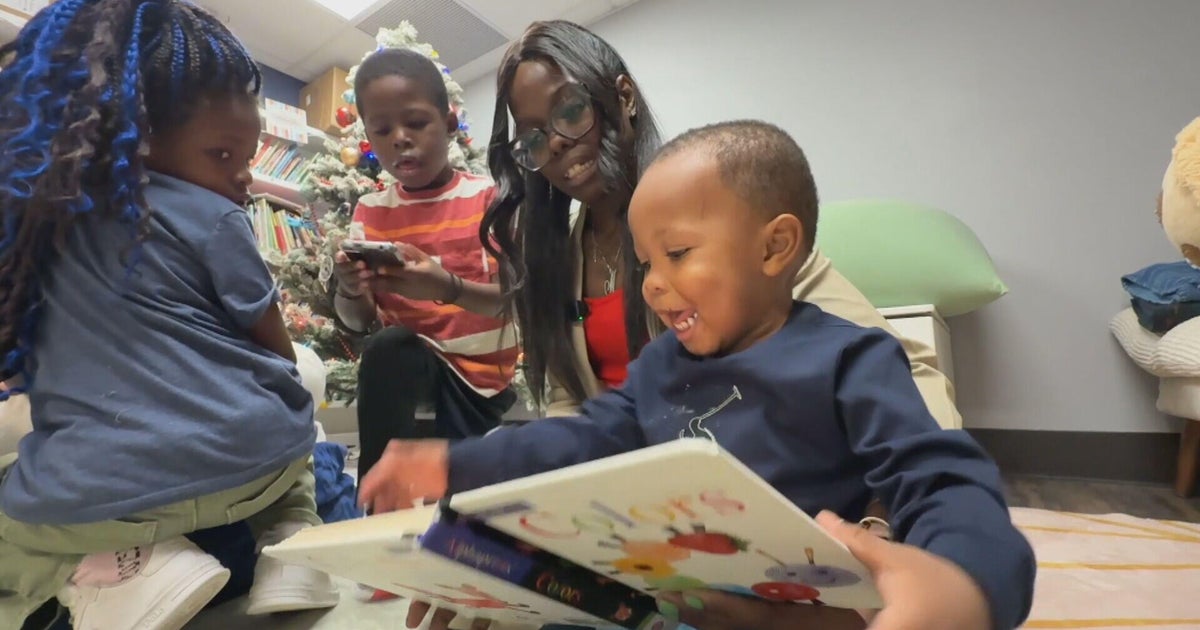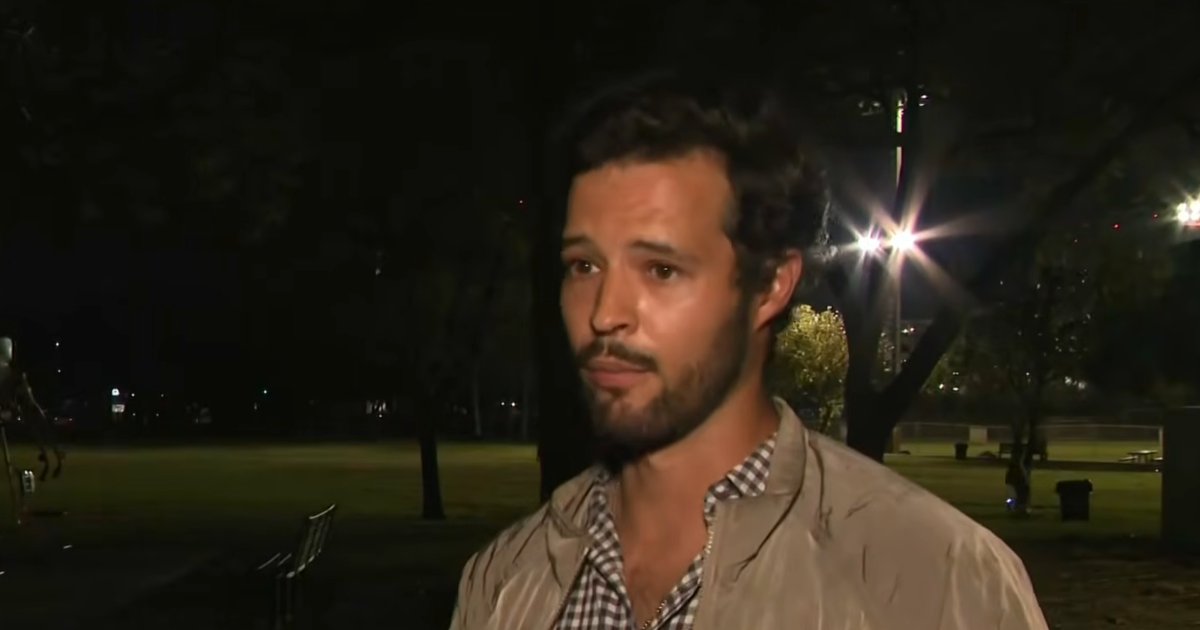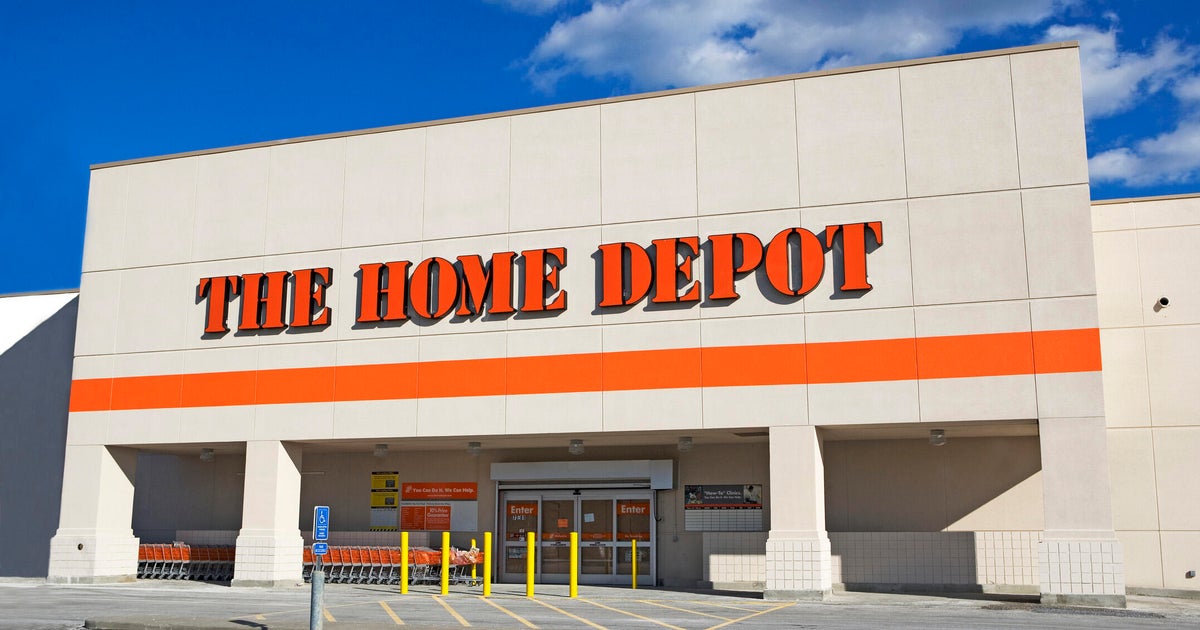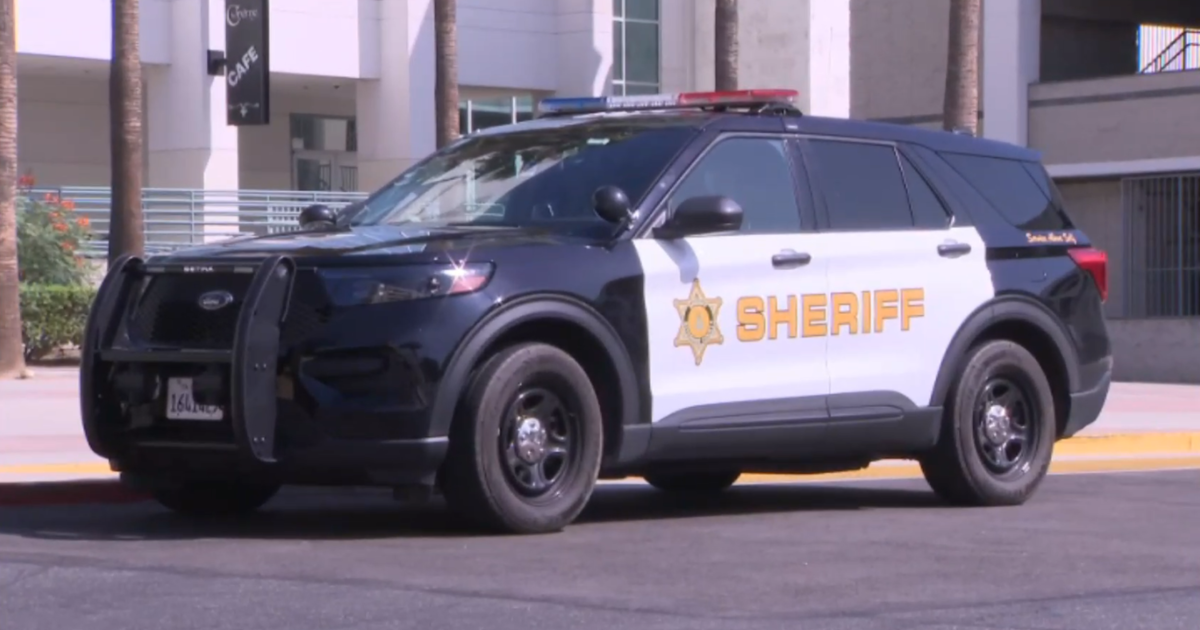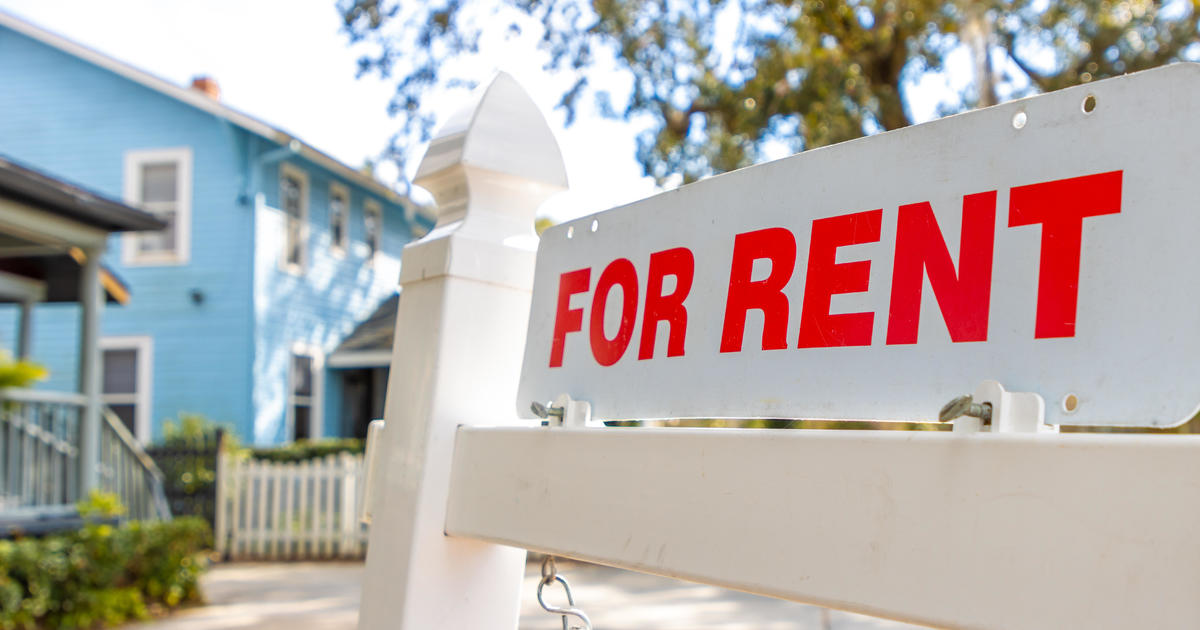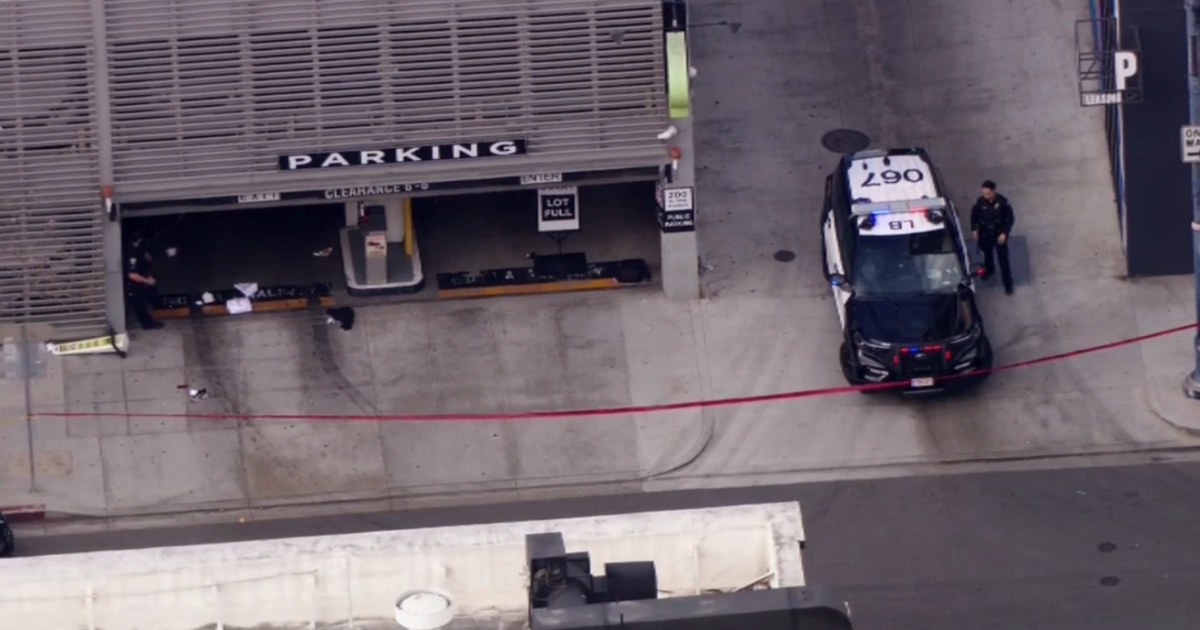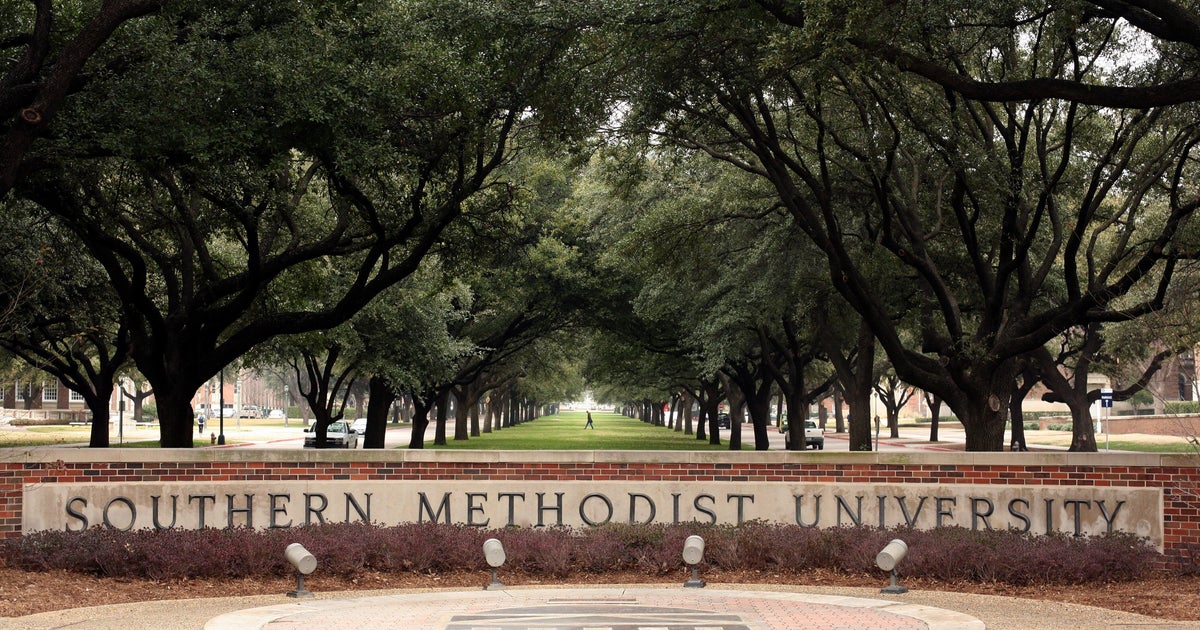Florida Medical Marijuana Use Doubles In Just One Year
MIAMI (CBSMiami) - Since this time last year, the number of medical marijuana patients in Florida has more than doubled.
In fact, the state of Florida is the second-fastest-growing medical marijuana market in the country, according to a recent study done by Marijuana Business Daily.
In November 2016, medical marijuana became legal for Florida residents, but, despite the obvious upward trend, many in the industry say there is still a lot of misinformation about it.
CBS4's Karli Barnett breaks down the facts and learned the process of accessing medical marijuana.
"There's a lot more resources out there. From where we started in 2016 to now, is completely different with the medical marijuana program here in Florida," says Kristin Petrik. We sat down with her at work to learn about her experience.
Petrik is one of about 400,000 Florida patients who traded in prescription medication for something more natural.
"I suffer from a history of PTSD and anxiety," she explains. "Using a lot of pharmaceuticals, you have really bad side effects. For me, trying medical marijuana was a great homeopathic alternative."
She is not currently using it because she's pregnant, but says the switch made a big difference in her quality of life. Petrik is not alone. Since this past March, there has been about a 50 percent increase in Florida patients who use medical marijuana. That's according to the latest numbers from the Florida Office of Medical Marijuana Use.
Getting a medical marijuana card starts with seeing a qualified physician. Between Broward and Miami-Dade counties, there are now about 760 physicians certified to recommend medical marijuana. To be qualified, they have to take a two-hour online course from the Florida Department of Health.
"I guess when you initially think of medical marijuana, you think of kids with fake issues, or no issues, just wanting to get high. But that's not it," says Dr. Anthony Andreoni with Cannabis Doctors of Florida. As a former surgeon, he admits he was skeptical when the law first came out. However, he ultimately changed his mind after seeing, what he says, were the positive effects in patients.
In speaking about his own clients, he says their use of medical marijuana has resulted in a dramatic decrease in their use of potentially addictive pills.
"Patients off of opioids, or at least reduced significantly, would be about 75 percent of the patients I have seen," he says.
For the initial consultation, Dr. Andreoni says to make sure to come to the appointment prepared with documentation that proves a qualifying condition for medical marijuana.
"Whether it's an MRI for chronic pain, arthritis, or a herniated disc," he says. "For PTSD, or if they've had some sort of traumatic episode in the past, did they go to behavioral therapy? Were they on antidepressants or some sort of medication?"
Dr. Andreoni says the more they can present him with, the better.
Some of the other qualifying conditions include: cancer, ALS, epilepsy, HIV/AIDS, Crohn's disease, multiple sclerosis, as well as any condition a doctor deems of the same "kind or class"— which can include related diagnoses like depression and anxiety.
If a physician recommends a patient for medical marijuana, they put them into a registry. The patient has to complete their online profile and pay a $75 fee to receive their card.
"When I initially became a patient, three months is actually what it took me to obtain a card and get into dispensaries, and medicine was limited at that time. Now, in five to ten days, patients are able to access dispensaries and get their medicine," says Michael Puentes. He's founder of Miami Aid Wellness, a medical cannabis clinic.
He also is a patient himself, due to lingering pain from a baseball injury.
He says medical marijuana is not a "one-size-fits-all" solution.
"There are different CBD to THC ratios. There are different cannabinoids. There are different strains. There's a lot more than people realize," Puentes explains.
Once someone has their card, they can pick up medical marijuana from a dispensary.
"Not only is there a great deal of stigma out there, but a lack of knowledge and understanding," says Vinit Patel, the Regional Operations Manager of a Curaleaf, one of about 170 dispensaries here in South Florida.
"There's so much that's changed in this industry in the last 10 years-- let alone the last 10 months here in Florida."
Patel is also a licensed pharmacist, so he says he has seen both sides.
He says their most popular products are their vape cartridges or flower, but they also offer topical balms and tablets.
"In general, the industry is growing exponentially, and Florida is poised to be one of the biggest markets in the country," notes Patel.
To find a qualified physician, visit knowthefactsmmj.com. There, you can look up qualified physicians in Florida by location or specialty, as well as local dispensaries.
